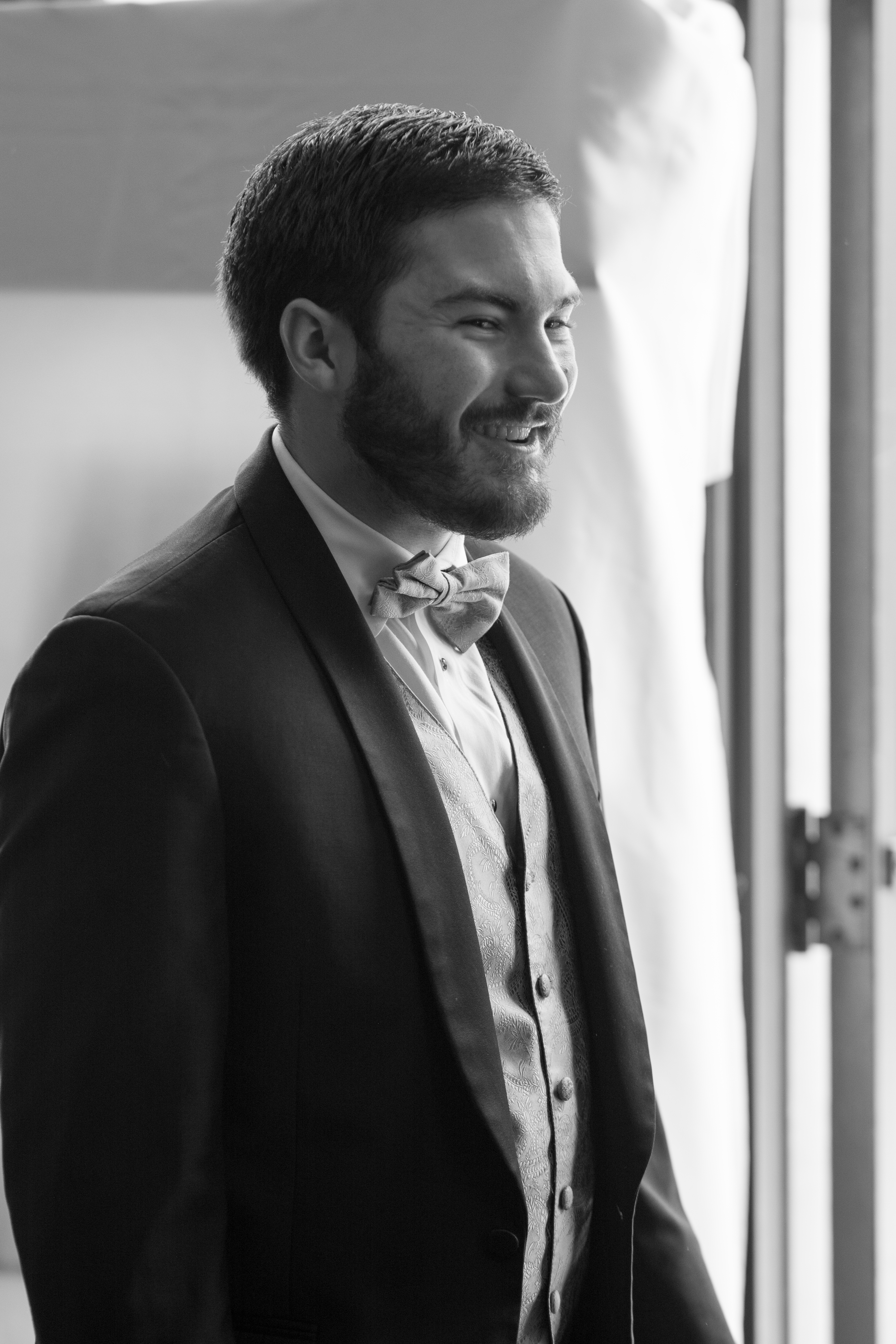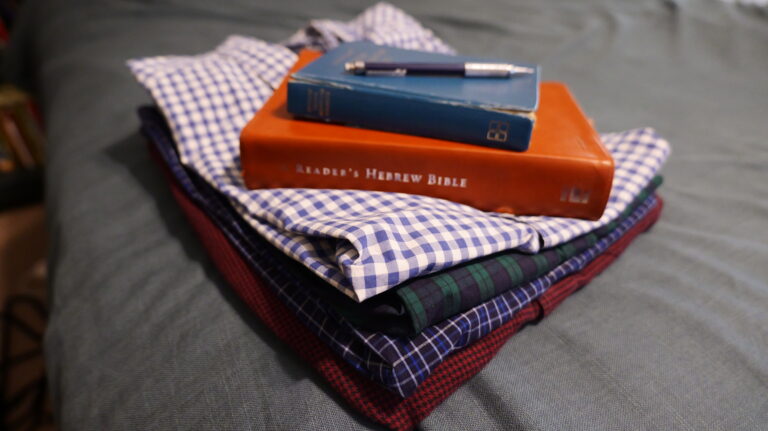The Call of Plainclothes Scholarship

Noah Parisi
August 24, 2024

As the world has gone whirling upon its spheres; as catapults have flown, darts whizzed by, worlds gone up in conflagration, and the general pitch of our world grown to the timbre of a sharp scream, I have come to realize along with many others that something ought to be done about the present scenario. I believe that most of my readers, from whatever one of the four winds which might have fortuitously blown them into this happy hostel, will stand by my side in saying that the world is swiftly and suddenly changing. The words of Bob Dylan, which stung so sharp in his own day may have something to say of ours also:
Come Gather round people from wherever you roam,
and admit that the waters around you have grown,
and accept it that soon you’ll be drenched to the bone,
if your time to you is worth saving,
then you better start swimming or you’ll sink like a stone,
for the times are a changing.
Or if we might perhaps look to a more regal source, Herman Bavinck wrote over a century ago words that are as prescient today as they were then:
“The peculiarity of this moment is that everyone feels an epoch of change, when all people realize they cannot remain the same, and that some long for this moment to pass by more swiftly than others.”
And yet, though we stand in the middle of a time of roaring change and feel that we ourselves must change to meet it, many of us look around quizzically, trying to sound out solutions and yet finding none. As surrounded soldiers, we look to the fields, but find that the enemy hordes have cut off our escape there. We look to the hills, but alas we meet an equal force there. We look everywhere and find that all avenues of escape have dwindled away. And though we may stand in a time of change, an “age of accelerations”, an “age of anxiety”, or any of the other terms which are so often bandied about, I do believe that we might find a true solution to our struggles.
Plainclothes Scholarship
The solution to our present confusion on every level, whether that be societally, theologically, culturally, relationally, etc. will be to take a wider view. Let us take those fear-gripped soldiers of whom we just spoke as an example. Their eyes are stampeded with row on horrid row of men, each of whom may be death’s ferryman. Sweat clings about their skin and the heart pounds against the calcified bars of their body. The end draws nigh. But their gaze does not stretch far enough. Or perhaps it does not see in the correct quality. You will remember that such a scenario as this passed beforehand, and that there were more with Elijah and his servant than there were with their enemies. Perhaps the soldiers might see angels darting about them, and in them see the very workings of the hand of an omnipotent and clement God, who orchestrated this very moment. And in that sight they may take solace.
Now all of this has been a rather bloated introduction to what I propose to be part, though assuredly not all, of a solution to the modern issue: what I have decided to call Plainclothes Scholarship. I am not advocating by this any attempt at instituting casual Fridays in the academic sector. My fundamental assertion is this: In our age, we have seen a hierarchical structuring in the body of knowledge. There has become a neat division between the smart and the dumb; between the professionals and the everyman; between the pastor and the layman; between the academy and the parish. Knowledge of any sort has ceased to be a priceless treasure which is the possession of all and has instead become a currency by which the affluent keep their dreams afloat. Of course I do not mean by this any Marxian concepts wherein we hope to abolish all hierarchy. My contention is very different.
Commodification of Knowledge
The issue is that knowledge has by and large become a commodity. In the epoch of the smartphone, our world has become an amalgam of variant pinpricks of information. And those individual pinpricks have grown so vast and numerous that most men could never hope of comprehending them. In past ages, men got information a grain at a time. But in our age, the whole weight of the ocean floor has been heaved up upon our heads. The result, though the history is far more complex than such a simple telling, is that we have come to be dependent in nearly every way. We have indoor plumbing and therefore do not need to find water. We have grocery stores and therefore have no need to forage. We have security systems and therefore do not need to be brave. We have a phone and therefore do not need to think.
In this way, amid other historical currents, nearly every man has outsourced his brain to his neighbor. No man is capable of sounding the developments in knowledge which have surfaced in the last hundred years. A short catalogue of those developments might run as follows: the reversal of the Newtonian system of physics, the invention of the atom bomb, the development of postmodern linguistic theory, a revolution in the field of neuroscience, the invention of the phonogram, the television, the telephone, and the computer amidst many other things. Those are perhaps not the most important developments, but they make the point somewhat clear that modern man has been tasked with understanding in a very short time a mass of information greater than he can bear. No one man is able to comprehend all of the voices speaking to him in the street, because they all speak of things too much for him.
Outsourcing to "Experts"
The solution to this has often been to outsource one’s thought to others. And this is what I meant by the commodification of knowledge. I might have a specific knowledge, say, in the field of history. Though I possess this knowledge, there are a great many other fields in which I possess none. Thus, if I meet a philosopher, I will sit under him and extract all that I may from him, knowing, of course, that I myself am not a philosopher. Likewise he may do the same with me upon the subject of history, assuming that I know more. In this way, we find ourselves in an interchange of ideas, resting upon one another’s strength to aid our deficiency. Where we do not know something, we defer to “the expert.” Thus, knowledge becomes for us something to be bartered at cost. It belongs in a sense to the persons who own it. And because others own it, we can only have what they would hand to beggars.
Indeed, one may think this merely happens among the unlearned, but it happens just as much among the learned. In the U.S. alone, there are over three million people holding doctoral degrees. Each of them, ostensibly, is an expert in their field. And whenever some esoteric concept comes up in the academy, the immediate impulse is to say, “I have a friend who did his dissertation upon such and such a topic. You really ought to go call him up.” The professor in this situation automatically assumes that because a man did his dissertation on the subject, it makes his work valid. Perhaps he may know nothing of the subject at all. All he knows is that his friend wrote upon the topic.
And the same happens to the layman. Perhaps he may get into a theological debate with a neighbor and, coming to a question he cannot answer, merely say that there are “smart Christian people who would disagree.” This once happened to the noble Augustine, who was told time after time by his friends in the Manichaean sect (an ancient heresy) that if he could only meet with Faustus, his problems and questions would be forever solved. But when Augustine finally met Faustus, he found that the man had hardly more to say than the others. And so it is with many. We hear the voices in the street clamoring about this topic and that topic and know nothing to say. In fear or in diffidence, we point to another, more authoritative voice. But brothers, I believe there is a more excellent way to answer the voices in the street.
The Call of Wisdom
If we wish to silence the din and chatter of the thousand contrary voices in the street, it is by listening to one voice rising up out of the others. That voice is the one we hear in the book of Proverbs: “Wisdom cries aloud in the street, in the markets she raises her voice; at the head of the noisy streets she cries out; at the entrance of the city gate she speaks: How long, O simple ones, will you love being simple?” Wisdom is the one whose call silences the others. She has “sent out her young women to call from the highest places in the town, “Whoever is simple, let him turn in here!” to him that lacks sense she says ‘Come, eat of my bread and drink of the wine I have mixed. Leave your simple ways and live, and walk in the way of insight.'” That is the call that ultimately rectifies the ill which I have spoken of. And note to whom she calls. It is not to the experts that she calls, it is not to the aficionados of the esoteric, it is not the learned, it is not the experienced, but it is the simple that she calls. In this we may all have hope.
But they are not to stay simple, and that is what brings us to the thrust of this essay. I said that what the world needs more of today is plainclothes scholarship, and that is based upon one simple principle. The truth is the same wherever it is spoken. It is the same for all people at all times, and cannot be otherwise. The issues which pervade our own day, though they may be magnified, are not new. The Medievals had similar symptoms which they called “double truth.” But because the truth is in every case true, it means that it belongs to no one. Rather, we might say, all men are subdued by the truth. Every man, though they may distinguish among themselves, is dwarfed by the height of the sky above. In the same way, the truth holds the scepter of power over all men’s opinions in every field, in every discussion, and down to the slightest molecule of detail. And thus, no man is finally at the bidding of another in disputes over right and wrong, over true and false, over beautiful and ugly. Rather as the Apostle Paul wrote concerning the whole of our lives, in our mind also, we ought to “live and die to the Lord.”
The Universality of Truth
It is through neglect of this fact, namely the universality of truth, that the modern fields of education have become bankrupt and with them our society. Most research is no longer undertaken in a dogged search for truth. Rather, what undergraduate and graduate students alike are told is that they must find some new innovative topic on which they may break their ground. And in this way, the university has become an arms race in which new thought is posed against new thought. Often this whirlpool of novelty has carried the colleges of Europe and America directly out of the waters of sanity. The search for novelty bred the postmodern, relativistic philosophies of our day. The esoteric was prized then. What we must prize now is the plain, the simple, the true. We ought to be those who are unashamed to say that the truth is simple, and that when it is grasped it need not be let go of to grasp something else.
And it is for this reason that I have spoken of plainclothes scholarship, for it is to every man that knowledge belongs, or that rather all men belong to the Truth. Wisdom calls even the most foolish. She does not turn away even the least, saying that her ways are to hard for them to understand. Rather, she takes the weakest and vilest and restores them to sanity. The Proverbs give us a very simple strategy to get wisdom, and I quote: “get wisdom.” It is there for the taking, if only we will stretch out our hands to grasp it. This is an exhortation to both the low and the high. To the simple, it is a call which bids them upward, showing them that knowledge, insight, and all that God calls them to is within their reach. To the wise, it is a call not to neglect their weaker brethren, that they might strengthen and lead in such a way as to upbuild even the lowest.
This is not a call for a lowering of standards. If I wish the university, the pastorate, and all the wise and learned to wear plainclothes it is only because I wish the plainclothes to be high. The fact that the flock is so badly dressed ought to cause the shepherd to give up his cloak as covering until better raiments can be found. I would wish all men of wisdom to go about in plainclothes, but I would have even the worst-dressed among the Church be dressed in royal robes.
Foretaste of the Coming Age
In summation, I would like to address a question which may linger in the back of your mind. If you agree, you may be asking, “This sounds lovely, but what does it look like in brick and mortar? What do you mean in practical terms?” What I mean is this: I would have the church in this age be a foretaste of what she will be in the coming age. I would have even the lowest of the church dressed in wisdom, wit, learning, and all skills necessary to be mighty in the faith. I would have each member of the pew know his Bible cover to cover and a good number of other books too. I would have an elevation of standards in doctrine, in theology, and I would have all that spill forth into practice in every area of life. In short, I would desire to see the lowest and most stammering boy in tomorrow’s pews put today’s highest scholars to shame. If that seems like a lot, that is because it is. It means we have work to do. But we do not work in vain. As I said at the beginning of this essay, the solution to our troubles is a broader view. It is incumbent upon us to remember that we do not war with flesh and blood. Nor do we fight alone. The God who governs all time, whose wisdom is unsearchable, is the one who makes us wise. He wishes more for us than we wish for ourselves.
This short writing has been a manifesto of sorts, serving as the principle for further work, but if it could be encapsulated in a short span, I believe that I could not do better than Tertullian did many centuries ago: Away with the man who is ever seeking because he never finds; for he seeks there where nothing can be found. Away with him who is always knocking because it will never be opened to him; for he knocks where there is none (to open). Away with him who is always asking because he will never be heard; for he asks of one who does not hear.
Noah Parisi
Noah Parisi is the founder of Palingenesis and host of the Cutting Gordian’s Knot Podcast. He lives in Texas with his wife and daughter. To learn more about Noah Parisi or contact him, visit his author page.


